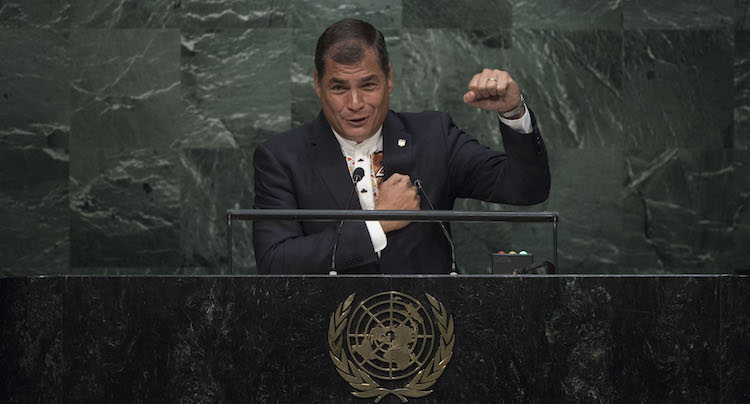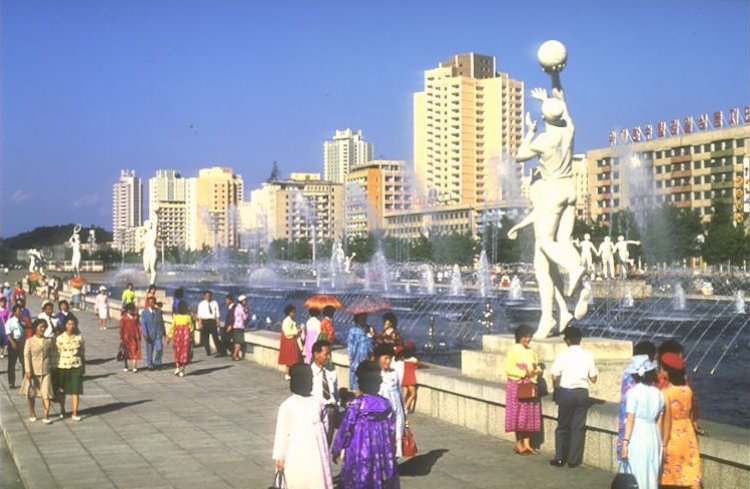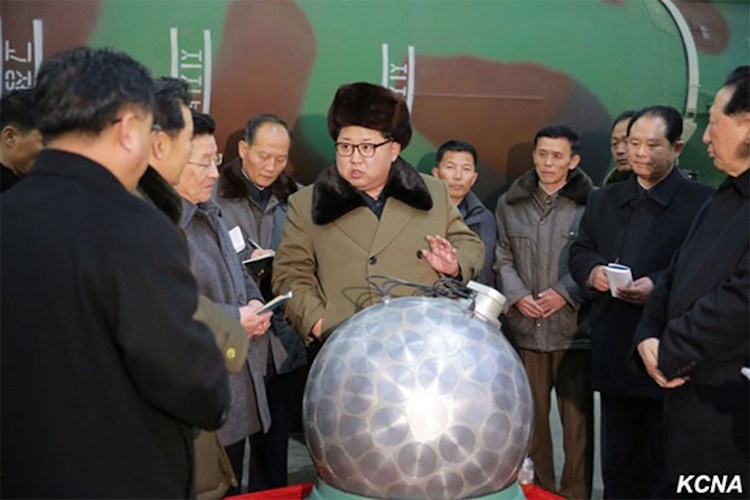Viewpoint by Somar Wijayadasa*
NEW YORK (IDN) – The G-20 Summit in China took place when our world is more divided than ever before, and multi-millions suffer from wars and other calamities.
One showpiece of the Summit – even before it started – was the decision by United States President Barack Obama and Chinese President Xi Jinping to ratify the Paris Agreement of the 2015 United Nations Climate Change Conference, a significant achievement considering the fact that U.S. and China are world’s two biggest greenhouse gas emitters that cause global warming.










